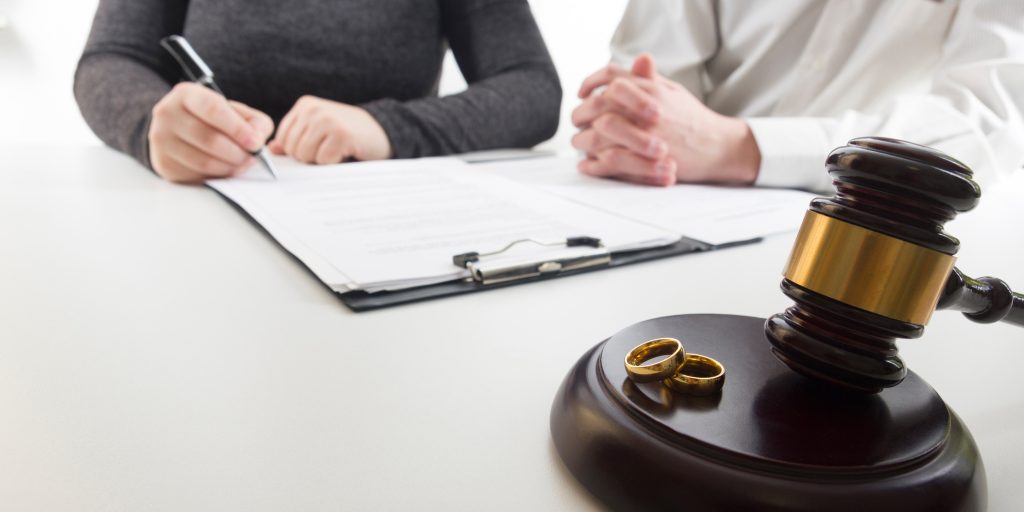
A report from the CFPB (Consumer Financial Protection Board) reveals that nearly one in five U.S. adults receive financial assistance from friends or family, while up to one in three provide support to others. Navigating requests to borrow money can be tricky. While it’s natural to want to help, lending money can sometimes strain relationships or disrupt your financial goals.
Saying no doesn’t mean you’re selfish—it means you’re setting boundaries to protect your finances and emotional well-being. The key is to decline respectfully while maintaining your relationships. Here are 10 clever ways to say no when someone asks to borrow money, offering tactful yet firm responses.
“I Have a Policy of Not Lending Money to Friends or Family”
This approach removes personal judgment and frames your decision as a general rule. By stating that you don’t lend money to anyone, you’re less likely to offend the person asking. Emphasize that this policy helps you avoid potential conflicts and maintain strong relationships. You can explain that you’ve seen others struggle after mixing money and personal ties, so you choose to avoid it altogether. Most people will understand and appreciate your transparency.
“My Budget Is Tight Right Now.”
Sometimes, honesty about your own financial situation is the best way to decline. Letting someone know that your budget doesn’t allow for lending demonstrates that you’re also managing your resources carefully. This response shows you’re not singling them out but are simply unable to help due to your current financial constraints. Many people respect when others take their financial health seriously. You can even share your own money-saving efforts to reinforce your reasoning.
“I Can’t Commit to That, but I’d Be Happy to Help in Another Way.”
Offering alternative support is a thoughtful way to decline without leaving the person empty-handed. For example, you might help them brainstorm other solutions, like finding local resources or temporary work opportunities. This shows you care and are willing to invest your time, even if you can’t lend money. It can also lead to creative problem-solving that’s beneficial for them in the long run. People often value emotional and practical support as much as financial assistance.
“I Don’t Feel Comfortable Mixing Money and Friendship.”
This is a direct yet considerate way to explain your stance. Highlight that maintaining a good relationship is your top priority and that lending money could create tension or misunderstandings. By framing it as a matter of principle, you avoid making the person feel singled out. This response also emphasizes that your decision stems from respect for your relationship. Often, people appreciate honesty when it’s paired with kindness.
“I’m Focusing on My Own Financial Goals Right Now.”
Communicating your financial priorities can help set boundaries while showing that your decision is not personal. You can explain that you’re currently saving for a big purchase, building an emergency fund, or paying off debts. This makes it clear that you have your own responsibilities to manage. Sharing your goals can even inspire the other person to reflect on their financial situation. It’s a subtle way to encourage them to take ownership of their finances without being judgmental.
“I’m Not in a Position to Lend Money Right Now.”
This straightforward response works well when you want to be honest without providing too much detail. It shows that your financial situation doesn’t allow for lending at the moment. This neutral answer avoids offending the person asking while still setting a firm boundary. Sometimes, simplicity is the best approach when dealing with sensitive topics. The key is to deliver this response with kindness to maintain goodwill.
“I’ve Had Bad Experiences Lending Money in the Past.”
Sharing a personal story about a negative experience with lending money can help justify your decision. Explain how it caused stress or strained relationships and how you’ve learned to avoid similar situations. Most people will respect your decision when they understand that it’s based on past challenges. This response is relatable and conveys that you’re acting in your own best interest. It can also serve as a gentle lesson about the risks of borrowing from friends or family.
“I’d Love to Help, but I Have Other Commitments.”
This response emphasizes your willingness to support them in spirit, even if you can’t do so financially. You can mention other obligations, like supporting your family or donating to charities, to explain why you’re unable to lend money. By showing that your resources are already allocated elsewhere, you make it clear that it’s not personal. This approach is polite and shifts the focus away from the immediate request. It also reinforces that you’re managing your finances responsibly.
“I Don’t Want to Put Our Relationship at Risk.”
This response highlights your concern for maintaining a healthy relationship. Let them know that you value your friendship or family connection too much to let money come between you. Explain that financial matters can often create misunderstandings or conflicts, and you’d rather avoid that risk. By focusing on the relationship, you’re framing your decision as an act of care. People often appreciate this honesty, even if it’s not what they want to hear.
“I’m Following a Strict Financial Plan.”
This response works well if you want to emphasize discipline and responsibility. Explain that you’re adhering to a budget or financial strategy that doesn’t allow for lending. This shows that you’re serious about your financial goals and aren’t making exceptions for anyone. By framing it as part of a larger plan, you remove the personal aspect of the decision. It’s a clear yet respectful way to decline a request.
Protect Your Financial Boundaries with Confidence
Setting boundaries when it comes to lending money is an essential part of maintaining financial health and preserving relationships. These strategies allow you to say no in a way that is respectful, kind, and firm. Remember, it’s okay to prioritize your financial stability over someone else’s request. Practice these responses so you’re prepared the next time someone asks to borrow money.
What excuse has worked well for you when someone asked to borrow money? Share in the comments below.
Read More:
10 Steps to Take When You Are Broke and Need Money Now
Do Payday Loans Affect Your Credit?

Latrice is a dedicated professional with a rich background in social work, complemented by an Associate Degree in the field. Her journey has been uniquely shaped by the rewarding experience of being a stay-at-home mom to her two children, aged 13 and 5. This role has not only been a testament to her commitment to family but has also provided her with invaluable life lessons and insights.
As a mother, Latrice has embraced the opportunity to educate her children on essential life skills, with a special focus on financial literacy, the nuances of life, and the importance of inner peace.




